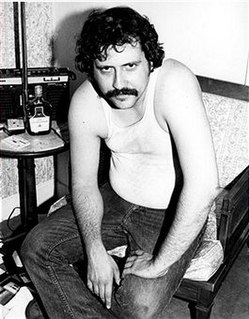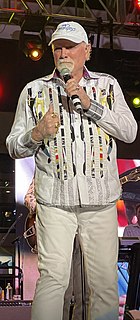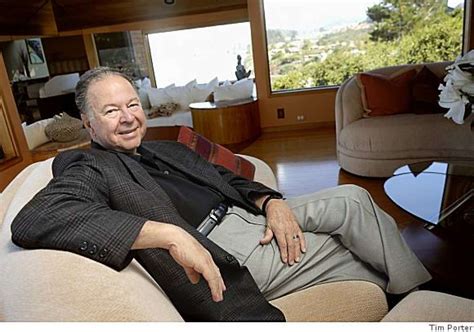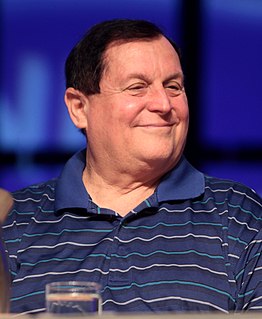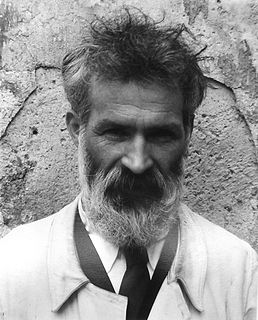A Quote by Claes Oldenburg
Of course, the '60s was a study in decadence. Everything just got worse and worse, and at the end of the '60s, everything was so horrible that people were killing each other.
Related Quotes
You can't believe everything you read in a newspaper or everything that's coming out of the president's mouth. And you can't believe when someone posts a picture from their personal life, because most of the time, it's staged - we're showing each other these idealized versions of ourselves so that we seem better and other people will feel worse.
For better or worse, we have evolved for sure, but we've also maintained a certain core about who we are, which is we were raised on late '50s and early '60s rock n' roll and R&B, and you can always hear that throughout. And that's just always been who we were. As much as we've evolved, that's stayed the same.
I dare say, ladies and gentlemen, it's even worse in some people, it's worse than the mistake they make in just assuming that there is the world and everything in it, and then there's America. And this one special place just happened. No thought's given to how. No thought's given to replicating it, even. No, that's where it gets even worse. Where it gets even worse is that some of those who look at the United States for what it is, special, no place like it on earth. Want to tear it down for that specific reason just because it's unfair.
There's lots of room to be your own worse critic. It's just you, so I think that's inherit, that voice that's always that's there monitoring everything you do. It's definitely worse; the critic is harder when it's just you. If you're doing a show, then the critic can blame the other actors your with.
In the '60s when I started to see everything I could see, you could see pretty much everything which was still available from the '30s, '40s, '50s, '60s, and therefore I had an education which was really large and vast in different cinema. That's probably the reason I did not fall for the New Wave. It's really the love of the movies that made me want to become a cameraperson, definitely. I was really a film buff.

